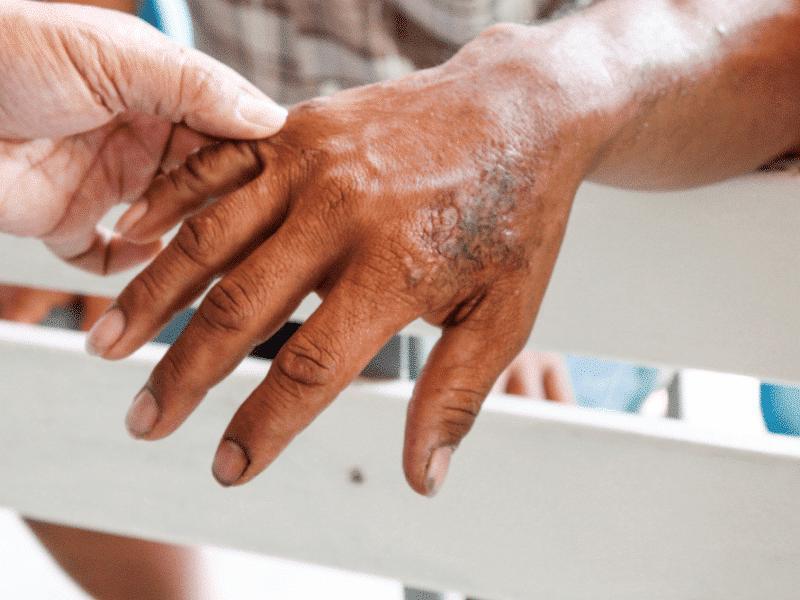
Govt Strengthens Leprosy Program to Hit Zero Cases by 2027: Report
India, one of the countries with the highest number of leprosy cases globally, has intensified its efforts to eliminate the disease by 2027. The National Leprosy Eradication Programme (NLEP), a flagship initiative of the government, has been strengthened to achieve this ambitious goal. The program has been revamped to include free treatment for patients, financial assistance for surgeries, and large-scale screening across age groups.
According to a recent report, the government has launched a comprehensive strategy to detect and treat leprosy cases early, thereby reducing transmission and eventual elimination of the disease. The report highlights the significant progress made in reducing leprosy cases over the years, but emphasizes the need for continued efforts to achieve the goal of zero transmission.
Free Treatment and Financial Assistance for Surgeries
One of the key components of the revamped NLEP is the provision of free treatment for patients suffering from leprosy. The government has ensured that all patients receive high-quality treatment, including antimicrobial therapy, to prevent disability and reduce the risk of transmission. Furthermore, the government has also introduced financial assistance of ₹12,000 for surgeries, which is a significant step towards improving access to healthcare for leprosy patients.
Large-Scale Screening Across Age Groups
Another critical aspect of the program is large-scale screening across age groups. The government has launched a nationwide campaign to detect leprosy cases early, thereby reducing transmission and preventing disability. The screening drive will target all age groups, including children, adults, and elderly individuals.
Detection Drives and School Screenings
In addition to large-scale screening, the government has also launched detection drives and school screenings to identify leprosy cases early. The detection drives will be conducted in high-risk areas, including rural and urban slums, where leprosy cases are more prevalent. School screenings will also be conducted to identify cases among children and prevent transmission.
Ramping Up Efforts Nationwide
The government has also directed all states to ramp up their efforts to detect and treat leprosy cases. The states have been asked to establish dedicated leprosy clinics and hire additional healthcare staff to provide timely treatment to patients. The government has also provided additional funding to states to strengthen their leprosy control programs.
Progress Made So Far
According to the NLEP report, significant progress has been made in reducing leprosy cases over the years. The number of new cases reported in 2020 was 99,476, which is a decline of 12.3% compared to 2019. The number of leprosy cases in India has been declining steadily since 2015, when the country reported 139,763 new cases.
Challenges Ahead
Despite the progress made, leprosy remains a significant public health challenge in India. The disease is still prevalent in many parts of the country, particularly in rural areas where access to healthcare is limited. The government will need to continue its efforts to strengthen the NLEP and address the social and economic determinants of health to achieve the goal of zero transmission by 2027.
Conclusion
In conclusion, the government’s strengthened leprosy program is a significant step towards achieving the goal of zero transmission by 2027. The program’s focus on free treatment, financial assistance for surgeries, and large-scale screening across age groups is likely to have a significant impact on reducing leprosy cases. The government’s efforts to ramp up detection drives, school screenings, and state-level initiatives are also likely to contribute to the program’s success.
As we move forward, it is essential to continue monitoring the program’s progress and addressing the challenges ahead. With sustained efforts and commitment, India can achieve the goal of zero transmission and become a leprosy-free country.
Source: https://www.healthcareradius.in/government-policy/leprosy-healthcare






